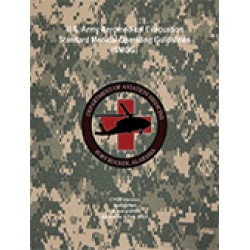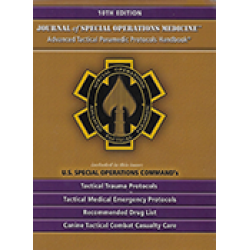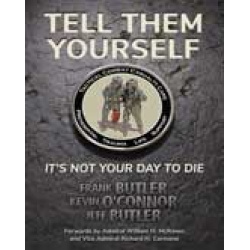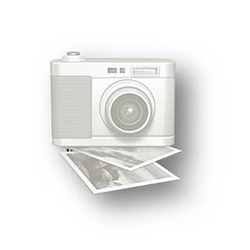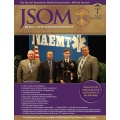Advise and Assist: A Basic Medical Skills Course for Partner Forces
April MD, Lopes T, Schauer SG, Meneses M, Roszenweig H, Byram D, Timms-Williams Z, Shields TP, Cross AN, Hoffmann LJ 17(4). 63 - 67 (Journal Article)
Background: Training partner forces in battlefield first-responder medical skills is an important component of US military advise-and-assist operations. We designed and executed a training curriculum focused on high-yield-based medical skills to prevent death on the battlefield for non-English speaking members of the Turkish, Azerbaijani, and Albanian militaries deployed to Afghanistan. Methods: We designed a 2-hour training curriculum focusing on four basic medical skills: (1) assessment of scene safety; (2) limb tourniquet application; (3) wound bandaging; and (4) patient transportation via litter. Our combat medics delivered standardized training using both didactic and practicum components. Instructors made beforeand- after assessments of the proficiency of each participant for each skill in accordance with the Dreyfus model of skill acquisition. We also administered before-and-after, Likertscale- based surveys for training participants to report their self-assessed comfort level with each of the four skills. Results: We delivered training to 187 participants over five classes. All 28 participants in the final teaching class completed the study. Instructors categorized each participant's skill level as novice before training for all four skills. After the training curriculum, all participants achieved a skill level consistent with advanced beginner for all four skills. Participants reported significant improvements in self-reported comfort levels for all taught procedures (ρ < .001 by Wilcoxon signed-rank test for all four skills). The largest reported increase in median comfort level was for tourniquet application: median pretraining comfort level, 4 (interquartile range [IQR], 0-6.25) versus 9.5 (IQR, 9-10) posttraining. Conclusion: Our curriculum resulted in significant improvements in instructor-assessed proficiency and self-reported comfort level for all four basic medical skills. Although our outcome measures have important limitations, this curriculum may be useful framework for future medics and physicians designing battlefield first-responder training curricula for members of foreign militaries.


 Español
Español 